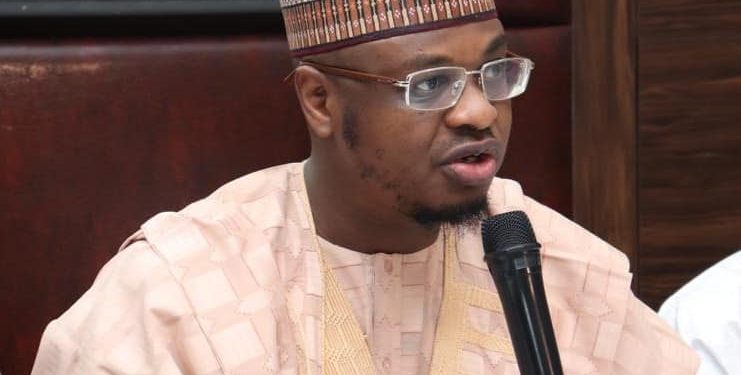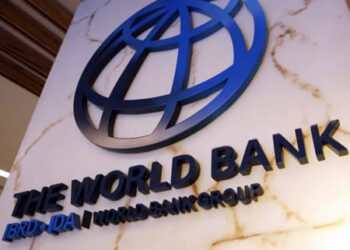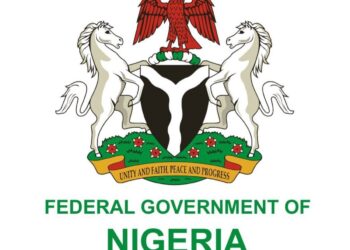Recent developments in the Nigerian aviation industry have stirred controversy and concerns among domestic airlines. The Air Operators of Nigeria, representing local carriers, have raised serious allegations against the Minister of Aviation, Hadi Sirika. They claim that the minister has exerted pressure on the Nigerian Civil Aviation Authority (NCAA) to grant an Air Operators Certificate (AOC) to Nigeria Air, a proposed national carrier, without following due process. These accusations have ignited a heated debate and led to calls for investigations into the matter.
Undermining Due Process and Transparency:
According to the spokesperson of the Air Operators of Nigeria, Prof Obiora Okonkwo, the local carriers accuse the former minister of aviation of unilateral decision-making and sidelining the panel responsible for working on the Nigeria Air project. They argue that the establishment of Nigeria Air has been shrouded in secrecy, deviating from the recommendation of the Ministerial Committee that the national carrier should be private sector-driven with minimal government involvement. This lack of transparency has raised concerns about potential favoritism and the bypassing of established procedures.
Protection of Indigenous Operators:
The association of local carriers expresses gratitude to the NCAA for resisting the pressure to grant an AOC to Nigeria Air without following the proper due process. They view this as crucial in protecting indigenous operators from unfair competition. The statement suggests that there may be a hidden agenda aimed at suppressing domestic carriers and granting a monopoly to Ethiopian Airlines, thereby compromising Nigeria’s economic interests. As a result, the association has taken legal action, supported by compelling evidence, to safeguard the Nigerian aviation sector and protect its investments.
Calls for Investigation:
An anti-corruption group, SecureWorld and Liberty Initiative for Peace (SELIP) has filed a petition with the Economic and Financial Crimes Commission (EFCC) to investigate Minister Hadi Sirika’s alleged involvement in economic malfeasance related to the establishment of Nigeria Air. The group questions the authenticity of the aircraft unveiled as the first flight of Nigeria Air, asserting that it is still actively serving Ethiopia Airlines. They urge the EFCC to hold the minister accountable for the substantial funds committed to the project and to address possible misappropriation and fraud.
Unveiling Controversy:
Investigations indicate that the aircraft purportedly unveiled as Nigeria Air’s first flight flew back to Addis Ababa, Ethiopia, shortly after the ceremony. This revelation raises questions about the legitimacy of the aircraft’s registration and Nigeria Air’s possession of an AOC. Critics argue that Minister Sirika’s actions might be an attempt to deceive the public, masking the absence of necessary certifications and proper ownership of the aircraft.
Bottom line :
The allegations and controversies surrounding the Nigeria Air project have cast a shadow over the aviation industry in Nigeria. The concerns raised by domestic carriers and the anti-corruption group highlight the importance of transparency, due process, and accountability in such endeavors. As the investigation unfolds, it is crucial to ensure that Nigeria’s aviation sector remains fair, competitive, and conducive to the growth of domestic carriers. Ultimately, a thorough examination of the allegations and appropriate actions will determine the fate of Nigeria Air and the integrity of the aviation industry as a whole.











